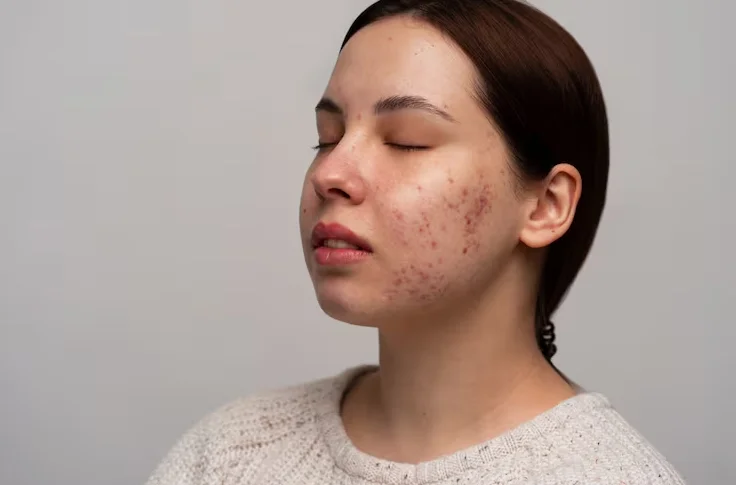
Acne is a common skin condition affecting millions worldwide. While active acne can often be managed with proper skincare, acne scars – including dark spots, pits, and raised areas – can linger long after breakouts subside. These scars can impact self-esteem, making it important to explore safe and effective treatment options.
Portal Kahwin provides a comprehensive guide to understanding acne scars and methods to reduce or eliminate them, combining professional and at-home approaches.
Acne scars develop when the skin is damaged during severe acne breakouts. There are several types:
The type of scar determines the most effective treatment approach.
Persistent, severe, or painful acne scars often require professional evaluation. Dermatologists can recommend tailored treatments based on scar type, skin tone, and medical history. Early intervention improves results and prevents long-term skin damage.
Acne scars, while common, can be managed effectively through a combination of home care, topical treatments, and professional procedures. Patience and consistency are key, as skin regeneration takes time. By following safe and scientifically backed methods, individuals can reduce the appearance of scars, improve skin texture, and regain confidence.
Latest Article
Can You Drive in Europe with a US License?
Property Taxes in India: Complete Guide for Americans
How to Get a Mortgage for Overseas Property as an American
Moving to Costa Rica from the USA
How to Get Rid of Acne Scars: Effective Treatments & Tips
Share This Article
Portal Kahwin is a modern wedding planning platform offering digital wedding invitations, guest management, venue discovery, and budgeting tools. Designed for couples worldwide seeking a seamless and personalized wedding experience.